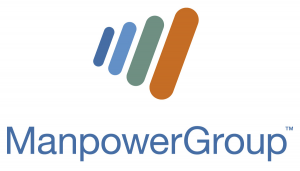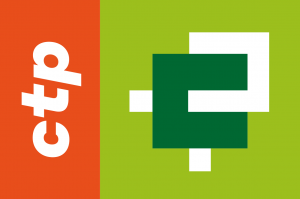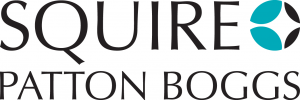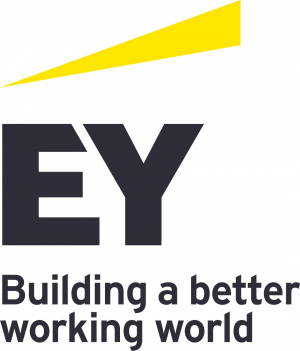Panel discussion on Google Book Search
29.04.2010Company: Amcham
On April 19, 2010, a panel discussion was held at Charles University School of Law in regard to topical issues concerning the Google Book Search service. The event was organised by the international European Law Students Association (ELSA ČR) in conjunction with the law firm Mališ Nevrkla Legal.
The following panellists took part in the discussion, which was attended by members of the academic and professional communities as well as law school students:
Prof. JUDr. Ivo Telec, CSc., a leading copyright law expert from the School of Law at Masaryk University in Brno,
JUDr. Petra Žikovská, director of the Czech branch of the International Federation of the Phonographic Industry, and
Dr. Mgr. Daniel Mališ, LL.M., managing partner of the law firm Mališ Nevrkla Legal.
The results of the second annual students’ Research Group Competition were announced at the end of the panel discussion. The topic for this year’s competition was “Google Book Search – a legal threat or challenge?”
The panel’s participants commented on Google’s initiative to digitalise books and make them freely available on the internet via its Google Book Search service, but not always with the consent of authors. This service is controversial and also attractive in terms of legal analysis. In particular, the discussion focused on the difference between the American and European copyright systems as well as on striking an appropriate balance between the interest of society in administering and having access to cultural resources on the one hand, and the personal and ownership rights of authors on the other.
The discussion participants outlined some possibilities for legally resolving the issue on an international level, but they stressed the fact that it will probably be a long process and finding an acceptable compromise will be quite difficult. According to them, examples of possible solutions include collective administration similar to that which operates for musical works, or the establishment of a new statutory licence for this kind of use of literary works (with the possibility of an opt-out system in the event that an author does not consent to this arrangement). Entities subsequently authorised to provide these digital library services would have to fulfil demanding criteria and safeguards so as to ensure that royalties to authors and/or other licence fees be duly paid.
The experts in attendance agreed that the model which allows the distribution of books in the manner used by Google Book Search has significant advantages, but that it also carried a risk that copyright would be breached. Nonetheless, none of the panellists doubted the need for a legislative response to the evolution of the internet. Consequently, it is necessary to balance the interests of society with authors’ interests and to find a solution that would exploit the positive effects of these developments with a view to ensuing minimal copyright infringement.
In May 2010, there will probably be a follow-up discussion on this subject with Google’s representative for Central, Eastern and Southern Europe, the Near East and Africa. This debate will also be held at Charles University School of Law.







